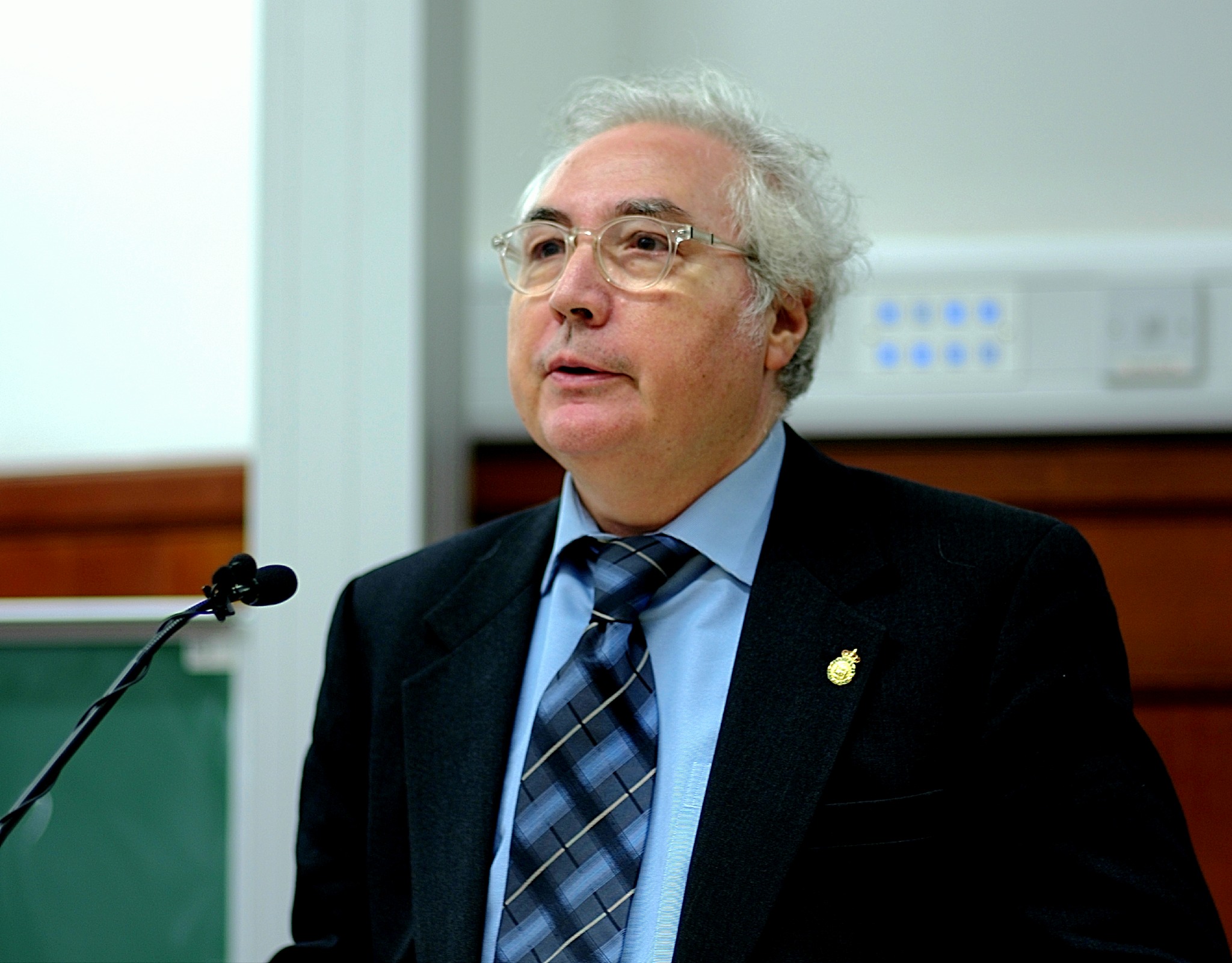
Manuel Castells, the first great scholar of cyberspace
Quote of the Day
“If you’re too open-minded; your brains will fall out.”
- Lawrence Ferlinghetti
Musical alternative to the morning’s radio news
Mark Knopfler’s Guitar Heroes | Going Home (Theme From Local Hero)
There’s an interesting story behind this.
Mark Knopfler’s new special recording of his anthemic ‘Going Home (Theme From Local Hero)’, produced by his longtime collaborator Guy Fletcher (who has edited the contributions into a 9 minute piece), features an unprecedented line-up of some of the greatest guitarists in history. ‘Legendary’ does not begin to cover it – David Gilmour to Ronnie Wood, Slash to Eric Clapton, Sting to Joan Armatrading, Bruce Springsteen to Pete Townshend, Nile Rodgers to Joan Jett, Brian May to Tony Iommi, Joe Walsh, Sam Fender and many more jaw dropping names.
And, in a great honour, the track opens with Jeff Beck’s final recording. Roger Daltrey, Teenage Cancer Trust’s Honorary Patron and co-founder of Teen Cancer America (with Pete Townshend), added harmonica, and Beatles icon Ringo Starr is on drums along with his son Zak Starkey, their two drum tracks switching from one to the other, revealing an unmistakable family style. Sting completes an extraordinary rhythm section on bass. With artwork designed by Sir Peter Blake (The Beatles, The Who, Band Aid, Paul Weller etc), this release is a landmark in rock music history.
Long Read of the Day
From Bauhaus to Buchenwald .. to mid-century cool
Extraordinary essay by Adam Tooze about the famous design school, its historical legacy and the enigmatic career of one of its students, Franz Ehrlich.
As a canonical lieu de mémoire for global modernism, Bauhaus, truly came into its own with a retrospective exhibition hosted in Stuttgart, one of the industrial centers of postwar West Germany, in 1968. According to art historian Iris Dressler, the show with the programmatic title – 50 years of Bauhaus – was a sensational success, traveling to eight museums—in Europe, the United States, Canada, South America and Asia – and attracting more than 800,000 visitors in total. From 1974, a reduced version of the show put together by Germany’s Institut für Auslandsbeziehungen (Institute for Foreign Relations) toured the globe for a further eight years. The stakes were high:
The title, 50 years of the Bauhaus, already ascribes an unbroken continuity to the school—which, as is well known, existed for only 14 years, and in his opening speech the German Federal Minister for Building and Urbanism, Dr. Lauritz Lauritzen, claimed: “The Bauhaus … has significantly contributed to the cultural philosophy of a state designed (to be) democratic and of a democratic society. It is unthinkable without the democratic constitution of the Weimar Republic,” which, as he went on to explain, failed not for political reasons but due to the lack in Germany of an authentically liberal, open society. “The Bauhaus was of global vibrancy. … Without any national hubris one can say that it is a German contribution to culture and civilization in this world of the twentieth century, a contribution to the humanization of the technical century.” He then added: “The men of the Bauhaus who left Germany kept the spirit of German humanism alive in their exiles.”
As Dressler remarks, the exhibition said nothing about the activities of the Bauhaus students who were not forced to leave Germany. Indeed, the entire exhibition was a complex exercise in self-fashioning…
Thanks to Robert Amundsen for alerting me to it.
Linkblog
Something I noticed, while drinking from the Internet firehose.
- Extraordinary video of Emperor Penguin chicks having to make a momentous decision.
This Blog is also available as an email three days a week. If you think that might suit you better, why not subscribe? One email on Mondays, Wednesdays and Fridays delivered to your inbox at 6am UK time. It’s free, and you can always unsubscribe if you conclude your inbox is full enough already!
